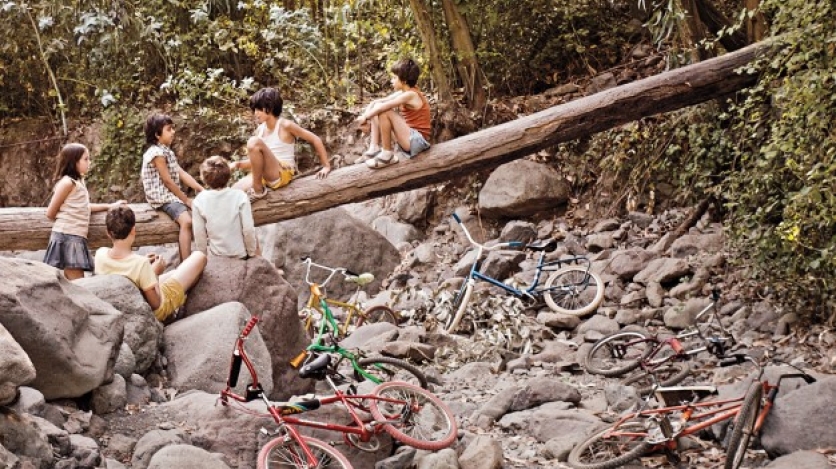
This is not a book "about disability" but it will surprise anyone who has ever imagined that life with a severe disability is inherently worse than another kind of life. In between, we get the tales Johnson most enjoys telling from her own life. This unconventional memoir opens with a lyrical meditation on death and ends with a surprising sermon on pleasure. And along the way, she defies and debunks every popular assumption about disability.

From the streets of Havana, where she covers an international disability rights conference, to the floor of the Democratic National Convention in Chicago, to an auditorium at Princeton, where she defends her right to live against philosopher Peter Singer, she lives a life on her own terms. With help, however, she manages to take on the world. By the time she realized she wasn't a dying child, she was living a grown-up life, intensely engaged with people, politics, work, struggle, and community.ĭue to a congenital neuromuscular disease, Johnson has never been able to walk, dress, or bathe without assistance. In secret, she carried the knowledge of her mortality with her and tried to sort out what it meant. Then as now, Johnson tended to draw her own conclusions. The message came from a maudlin TV commercial for the Muscular Dystrophy Association that featured a boy who looked a lot like her. Harriet McBryde Johnson isn't sure, but she thinks one of her earliest memories was learning that she will die. Youthful desire, ennui and mischief have rarely felt so tangible.With a voice as disarmingly bold, funny, and unsentimental as its author, a thoroughly unconventional memoir that shatters the myth of the tragic disabled life Inti Briones’ photography is strikingly brilliant, with dreamy static takes brimming with a wealth of passing detail – when the dry scrubland is engulfed by a wildfire, the filmmaking smoulders to match.

Lucas, awkwardly strumming his guitar, can’t hide his jealousy when Sofia, a sullen tomboy starting to exploit her looks, gravitates towards an older guy while Clara, left to her own sneaky devices, claims that a confused dog is Frida, her family’s beloved Bernese Mountain Dog who has run away. They include will-they-won’t-they teenagers Sofia and Lucas, along with younger troublemaker Clara, all heading to a rural shantytown where they hope to idle the summer away while their parents debate the future. Like her Thursday to Sunday (LFF 2012), Sotomayor’s richly imagined new film sends her characters on a car journey, its killer compositional flair clear from the first shot of a car’s back seat, steadily filling up with the characters we will come to know well. That included writer-director Dominga Sotomayor, who moved at the age of four to the nascent ecological community of Peñalolén.

The early 1990s, as it emerged from decades of fascist rule, was a time to grow up fast for Chile.


 0 kommentar(er)
0 kommentar(er)
